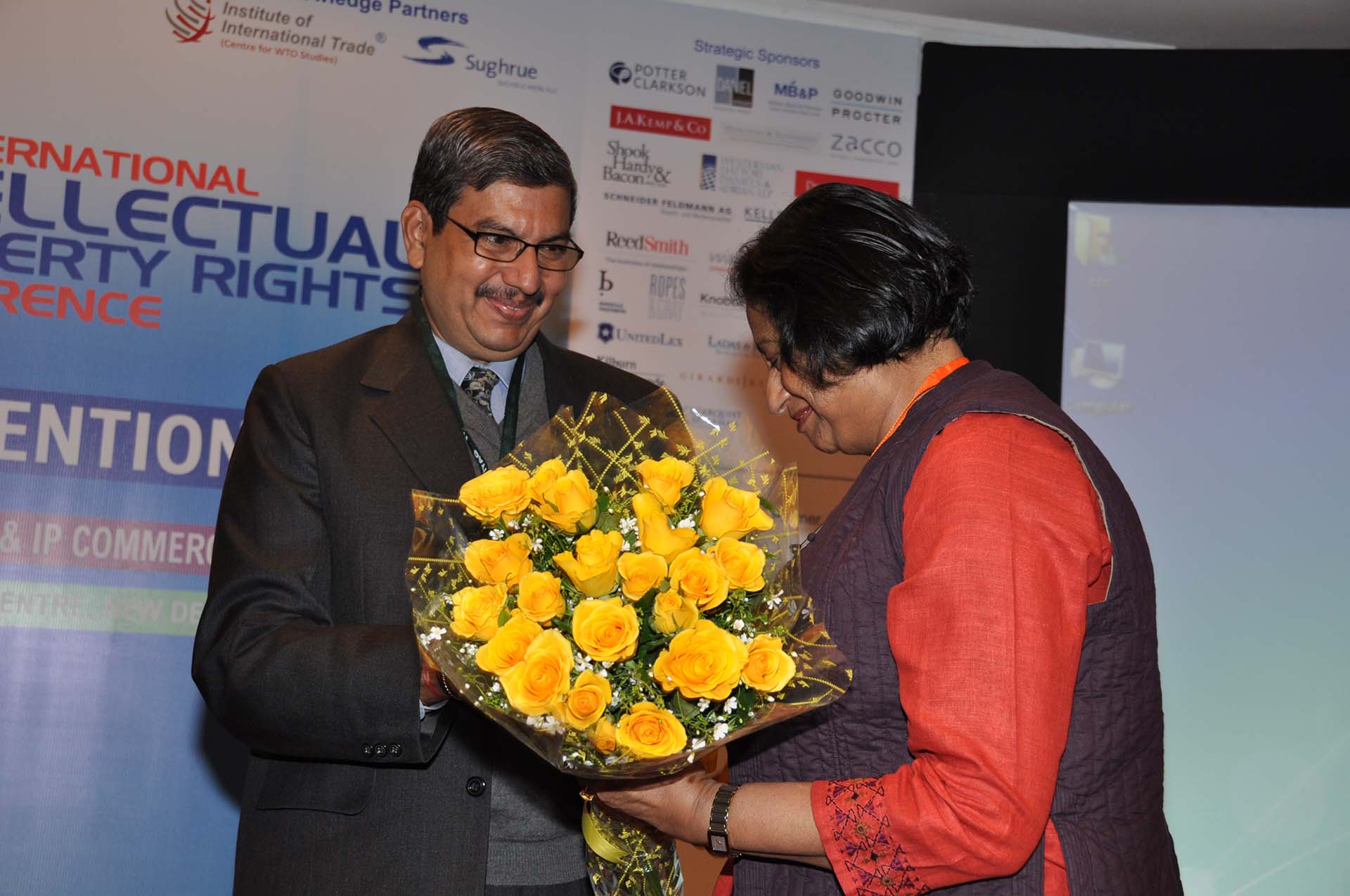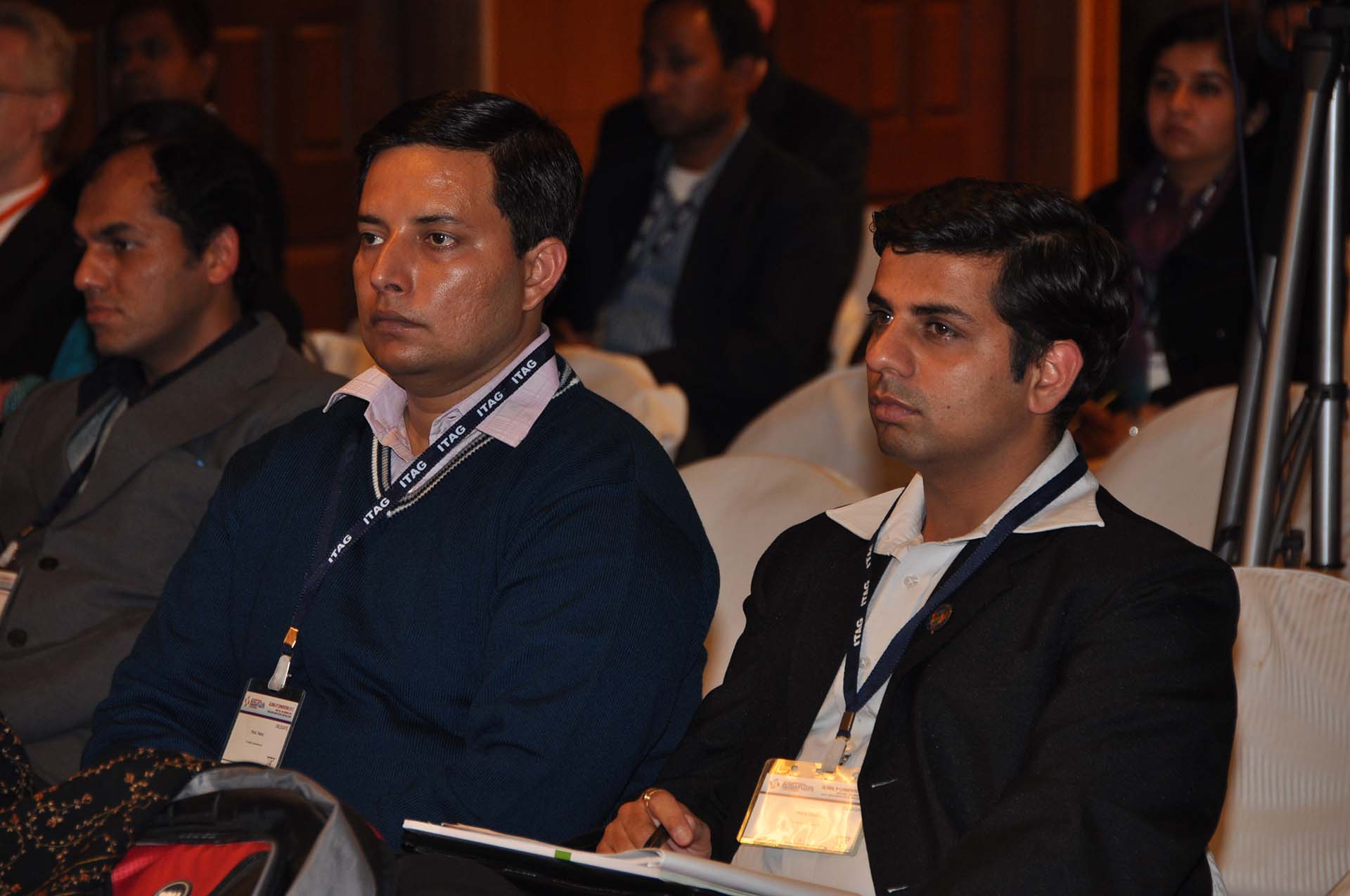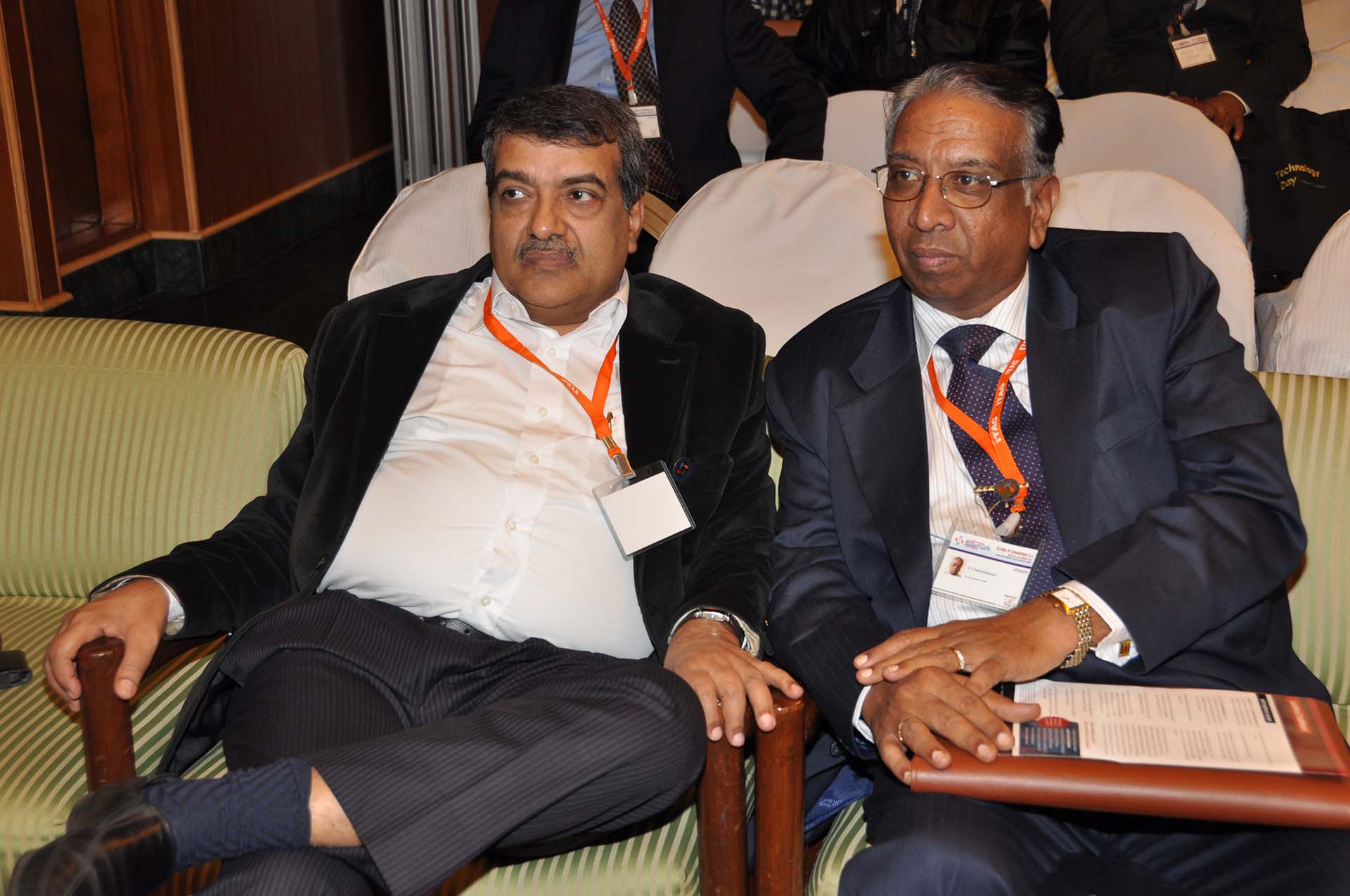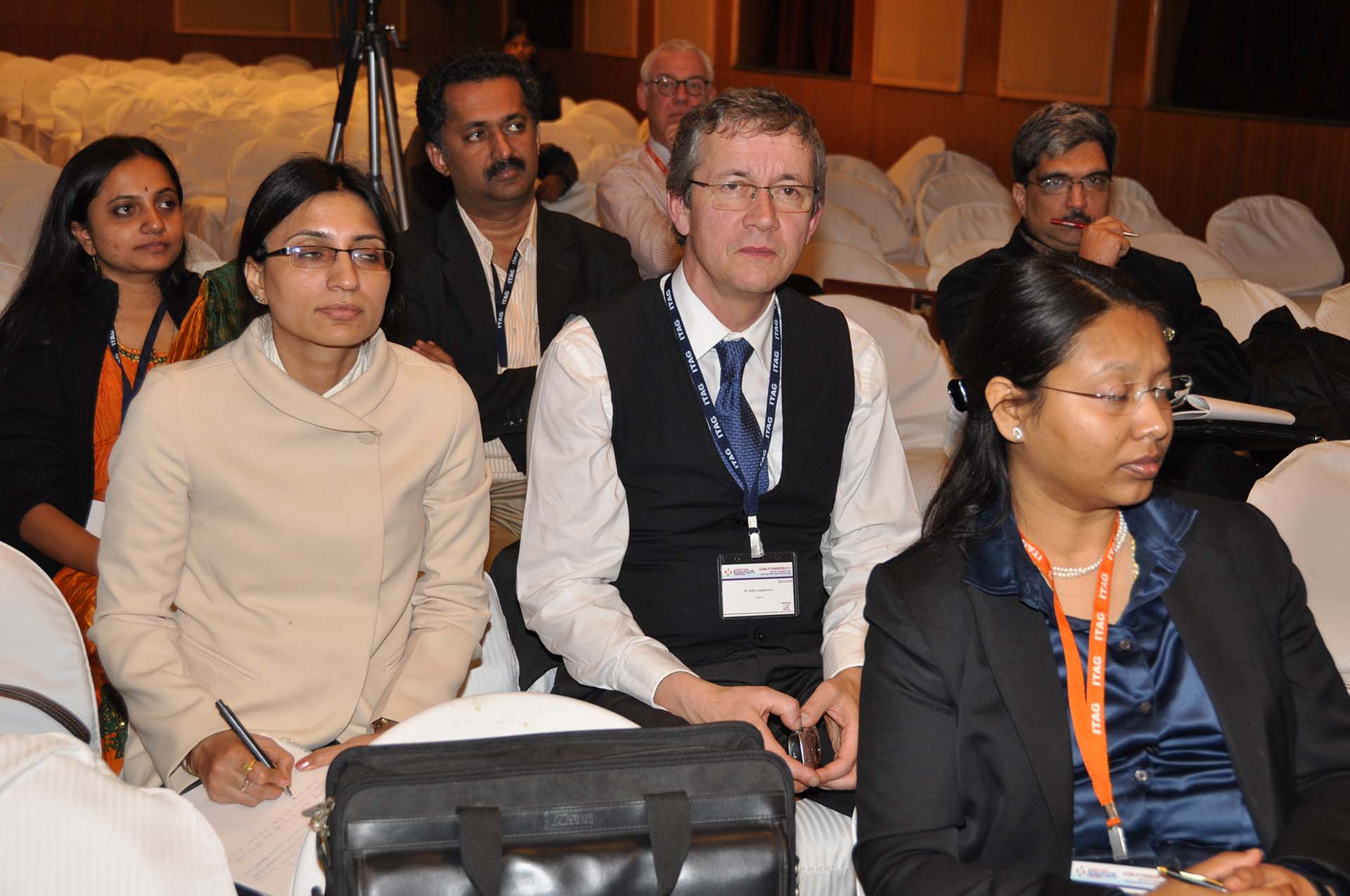4th Global IP Convention
The 4th Global Intellectual Property Convention (GIPC) was an esteemed international conference that brought together IP professionals from around the world. The event provided a platform for business leaders, policymakers, and IP practitioners to connect, share knowledge, and explore the latest developments in the field of intellectual property. GIPC 2012 was a highly anticipated gathering held in New Delhi, India. The conference attracted a diverse range of attendees from Europe, the United States, South Africa, Canada, India, Singapore, Japan, and Australia, making it a truly global event. Over the course of four days, the conference featured an impressive lineup of approximately 150 speakers who delivered engaging presentations and panel discussions. Attendees were exposed to a wide array of topics related to intellectual property, covering various aspects such as patent law, claim drafting, construction, prosecution, enforcement, licensing, commercialization, copyright, and trademarks. One of the highlights of the conference was the discussion on the likely impact of the America Invents Act, a significant legislation that shaped the IP landscape in the United States. Experts from different countries shared their insights on European, US, and Indian patent practices, offering valuable perspectives on claim drafting, construction, and enforcement issues. Moreover, sessions dedicated to licensing and commercialization shed light on strategies for maximizing the value of intellectual property assets. Copyright and trademark topics were also explored, providing attendees with a comprehensive understanding of the legal frameworks governing these areas. Overall, GIPC 2012 served as a premier platform for intellectual property professionals to exchange ideas, network with peers, and stay informed about the latest trends and developments in the field. The conference played a crucial role in fostering international collaboration and advancing the understanding and application of intellectual property rights in a global context.







